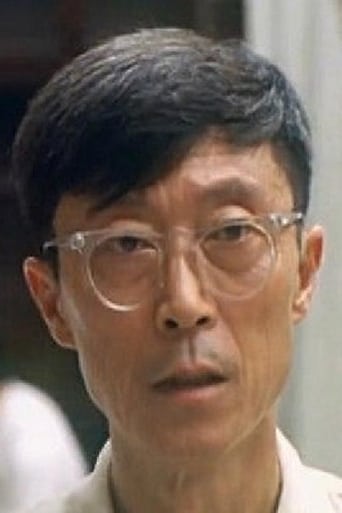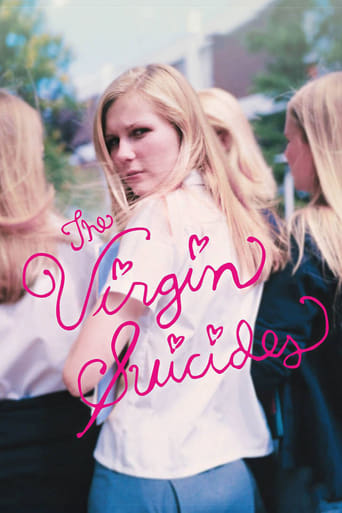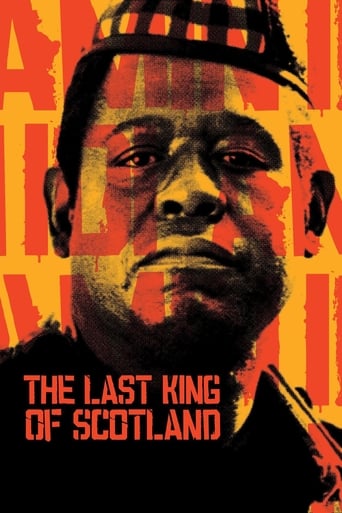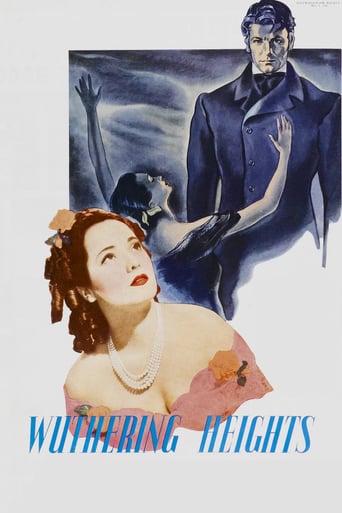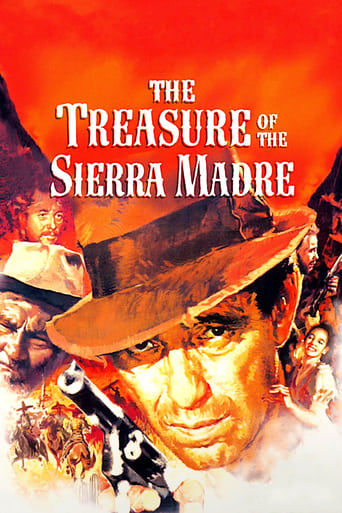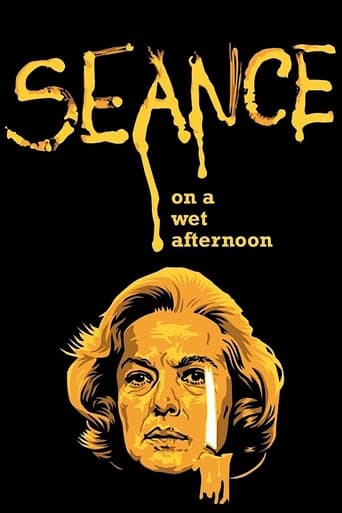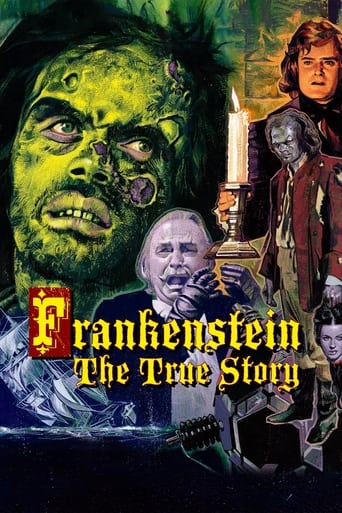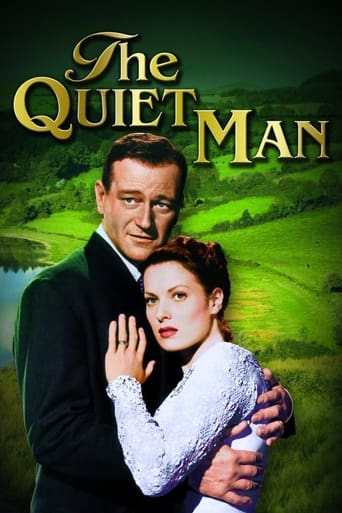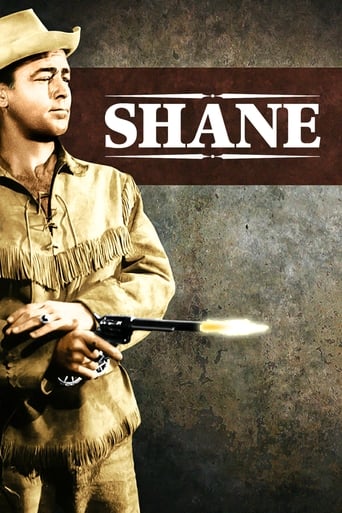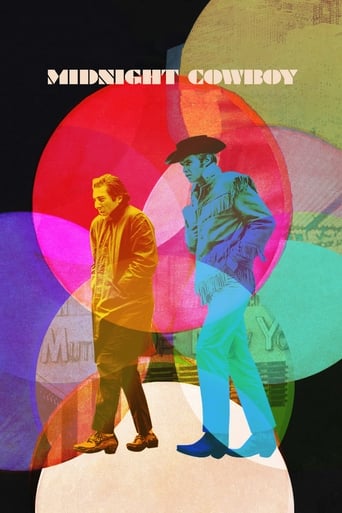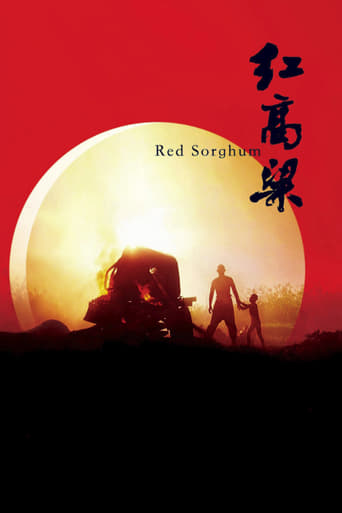
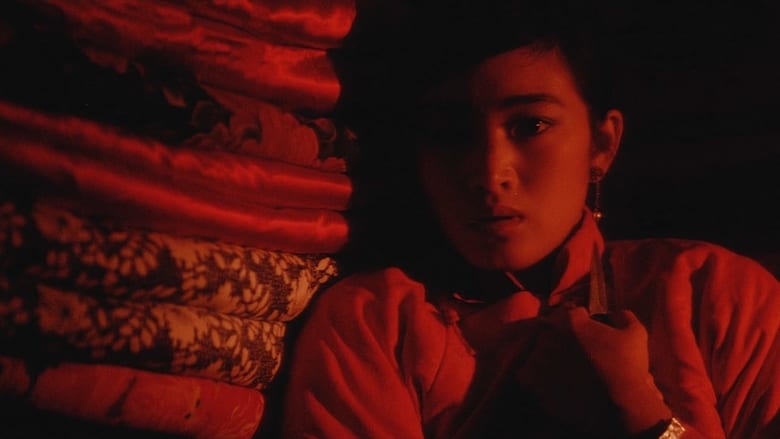
Red Sorghum (1988)
An old leper who owned a remote sorghum winery dies. Jiu'er, the wife bought by the leper, and her lover, identified only as "my Grandpa" by the narrator, take over the winery and set up an idealized quasi-matriarchal community headed by Jiu'er. When the Japanese invaders subject the area to their rule and cut down the sorghum to make way for a road, the community rises up and resists as the sorghum grows anew.
Watch Trailer
Cast


Similar titles
Reviews
It's rare to find Yimou's films on terrestrial/free to air digital television. 'Raise The Red Lantern' is a fascinating film as well as the mythic 'Ju Dou' so I was keen to watch 'Red Sorghum' for the first time.It is a bawdy, earthy film yet also mysterious & complex as represented by characters such as the boy's Grandfather & the steward, Luohan as well as the bandit Sanpao. The sedan carriers sing a song mocking the bride yet cease when they hear her sobbing. A bandit attacks them but is fatally distracted by the young woman's beauty.It's reflected in the songs which accompany the film, from the bawdy & slightly grotesque (the bridal litter scene in the beginning) to songs sung in praise of a wine spirit, an older China of pagan rituals. It is about a peasant community with its own folklore (the disappearance of Big Head Li) & codes (Sanpao & the Grandfather, the ransom).'Red Sorghum' is about a land & the people rooted to its soil, their rituals & traditions, & following the Japanese occupation, how these survive as the Grandfather is literally covered in earth, & China re-born.The film is narrated (voice over) by the boy's adult self. It has a mythic kind of tone & mood. Ancestors occupy a special role in Chinese life & are venerated. Continuity is reflected by the boy's Grandmother, who asks the villagers to call her by her family nickname 'Little Nine'. Later, the story fast-forwards nine years to the narrator as a young boy.The story begins with a poor young woman forced into an arranged marriage though this strand is of secondary importance (in contrast to 'Raise The Red Lantern') as the story is about how she overcomes her dismal prospects (her father barters her for a mule, a comment perhaps on the treatment of women/of less value than a mule) & assumes a prominent role in the peasant community. The sorghum becomes a symbol of China, of its people. The fields can be dangerous & illicit, a place where bandits hide, but also a source of life & prosperity, the red wine that resembles blood & which is sacrificed to the wine spirit. Later, the steward & others make an even greater sacrifice for their land.The major turning point of the film is akin to the abrupt change of tone in 'The Deer-hunter' (structure), domestic scenes giving way to the brutal Japanese occupation. The scenes are unsentimental & all the more shocking for this. The sorghum fields are trampled down & crushed, like the Chinese people. The slightly comical butchers who worked for the bandit Sanpao are forced into a horrific choice, the scenes where the older butcher gently washes Sanpao & his poor young assistant driven mad by what he has been forced to do linger in your mind. Images reinforce points, here the Japanese are the real butchers.The film doesn't just depict the Chinese as passive, but proud & defiant. 'Little Nine' urges the villagers to avenge the Japanese's victims leading to the violent explosive denouement.It is a beautifully filmed piece of work, the red hue which imbues the cinematography to the indigo blue of the night skies with the moon high above. The final image of the sorghum swaying again in the red sunlight is a symbol of China itself & of its people, whatever history may throw at them, be it a decadent master to amoral occupiers & maybe even a one party state.
This is the first film from Zhang Yimou and Gong Li, the launch pad for a series of superb films which introduced many in the West to modern Chinese cinema. It is the story of a young woman who marries a dying man and then inherits his winery (actually a distillery) famed for its Baiju (red sorghum spirit). The story is simple, with little dialogue, helped along by a near continuous voice-over of a storyteller. Normally this would be an intrusive device, but somehow it works for such a visual film which aspires to an almost epic scale. I can't help thinking Zhang may have been influenced by Terrence Malick films like Badlands and Days of Heaven. But it is certainly an original and striking debut, if not quite as good as his later masterpieces, Ju Dou and Raise the Red Lantern. Of course, what all three of those films share is a near obsession with primary colours, but for visual effect and symbolism.Gong Li of course is charismatic and luminous, it can never have been a doubt from this film onward that she would be a star. But the real star here is the lush, erotic photography. It is a bit of a pity that the final third of the film loses its focus somewhat and becomes a more conventional melodrama. But that is forgivable for a film made in the circumstances. It still holds up very much as a film worth watching.
This is the first film of Zhang Yimou as a director and it wins a number of prestigious prizes in international film festivals.I remember watching this film with my parents in a local theater when I was very little, so little that I could not understand the simple story told by the film. Back then, the only thing I could remember was full screen of blood-like red colors, the vast and boundless sorghum as well as the sonorous and high-pitch northwest folk songs.The storyline is quite simple: a pretty young lady who is forced to marry a rich and leprous winery owner but who falls in love with one of the workers. After the old man dies, they live together and manage the winery. But then it comes the Japanese invasion and the family is destroyed.Zhang Yimou starts his career in film industry as a cinematographer and the control of colors and scenery is master level. Unlimited stretch of sorghum waving in the wind, dazzling red colors that nearly disable you from opening your eyes and the loud folk songs abundant in indigenous flavor all symbolize a strong sense of life and impress the audience with vitality and passion. This is also the first film that I have watched and personally it has formed a definition of a film in my mind. It is not the best yet the most cherished memory of film for me.
The much heralded renaissance of New Chinese Cinema can be an acquired taste to many Western filmgoers, but this handsome period piece (directed by the cinematographer of 'Yellow Earth', 1984) is livelier and more accessible than most. Part folk tale, part historical drama, it tells the story of a young virgin (sold by her father into marriage with a wealthy leper, in return for a mule), who after her husband's mysterious death continues to run his successful vineyard, with help from her loyal wedding bearers. And yet for all its undeniable physical beauty and colorful action the film can be a dry experience, at least until the outbreak of the second Sino-Japanese War in the 1930s. With the Japanese occupation some emotional urgency finally breaks through the film's mantle of reserve, which up to that point had marked even the more bawdy episodes of communal singing and drinking.




